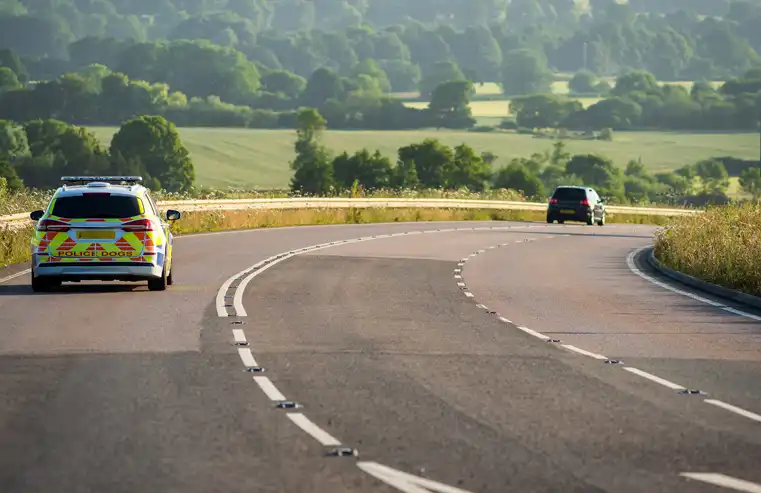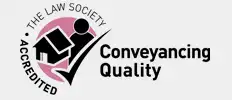- Conveyancing
- Family Law & Divorce
- Wills, Probate & Trusts
-
- Wills, Probate & Trusts
- Will Writing
- Probate
- Trusts
- Powers of Attorney
-
 Wills from £204
Wills from £204
-
 Probate
Probate
-
- Criminal & Motoring
-
- Criminal & Motoring
- Criminal Defence
- Motoring Offences
-
 Motoring Offences
Motoring Offences
-
 Criminal Defence
Criminal Defence
-
- All Personal Services
- Business Services
John Barkers
Solicitors Worthing
John Barkers Solicitors offers excellent and cost-effective legal services to the Worthing area. Our goal is to provide convenient, personalized legal advice backed by exemplary value for money. We have been providing quality legal representation since 1884, so you can be confident in our reliable, longstanding solicitors firm. With us, you can communicate on your terms - whether that be via video call, telephone or email.
Our team of experienced professionals will offer advice and guidance tailored to your individual needs. We understand how stressful dealing with legal matters can be. That's why we take a friendly and approachable attitude towards each of our clients - so that they feel heard and supported throughout their case.
Contact: Live Chat, Video Call, Email, Telephone
Open: Monday to Friday 9am - 5pm
Call today: 01903 947222












